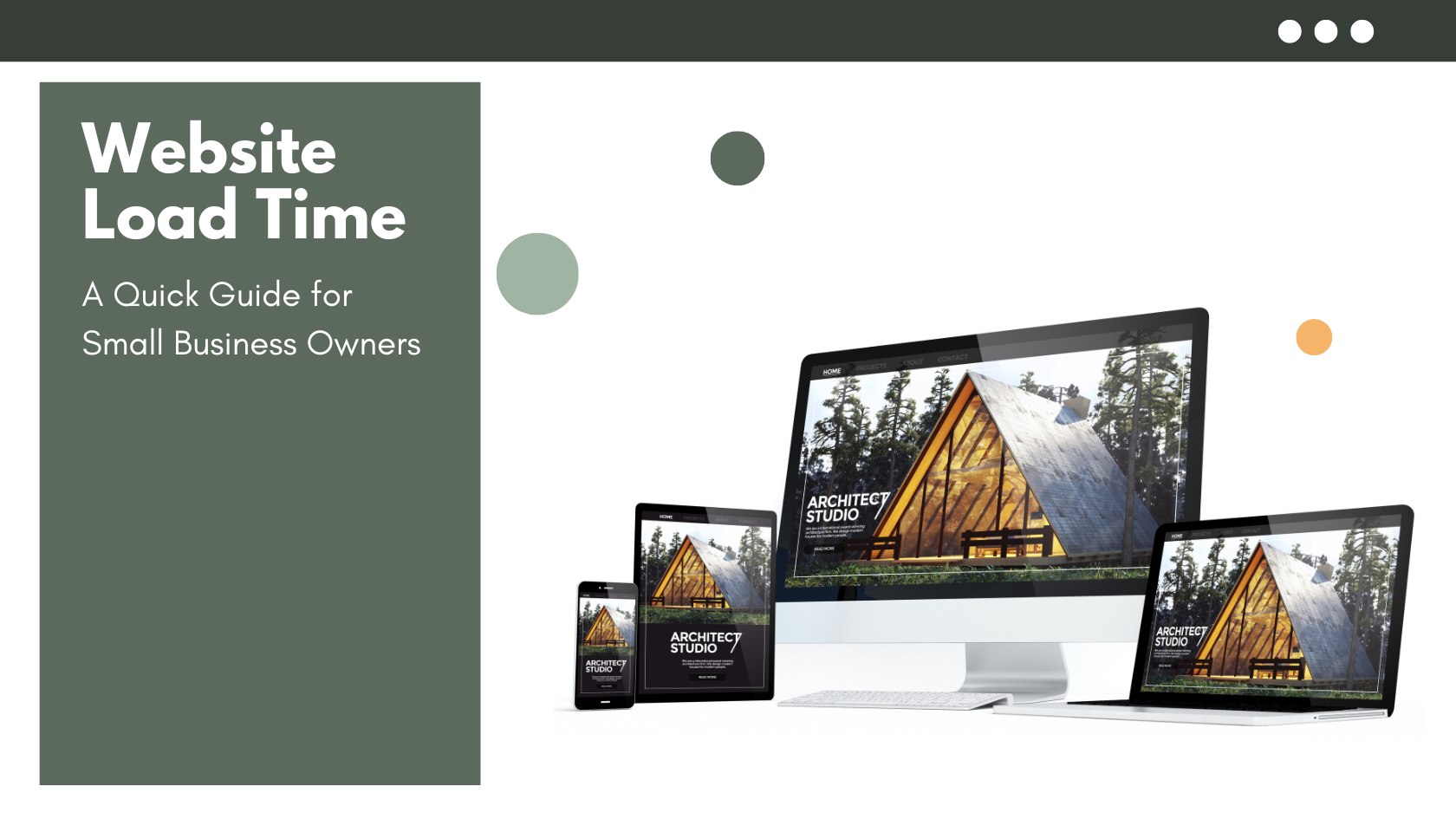Website load time is a critical metric that affects your whole website effectiveness. Imagine a potential customer stopping by, only to find the door takes forever to open. Frustrating, right? The same principle applies to your website. Visitors expect seamless experiences, and a slow website can turn potential customers away before they even have a chance to see what you offer.
Why does it matter
Lousy first impression
Your website is often the first interaction a potential customer has with your business. Slow load times can lead to frustration and a negative perception of your brand. On the other hand, a fast and responsive website creates a positive user experience, making visitors more likely to stay, explore, and eventually convert into customers.
Mobile users, in particular, are known to be impatient. If your website takes too long to load on a mobile device, users are likely to abandon it and move on to a competitor’s site. Optimizing your website for speed is crucial to retaining this valuable segment of your audience.

Google Favors Speedy Websites
Search engines, particularly Google, consider website speed as one of the factors when ranking search results. Google’s algorithms prioritize user experience, and slow websites can be penalized with lower rankings. This means that even if you have fantastic content and products, a sluggish website could hinder your chances of being discovered by potential customers.
How to test your website load time
To test website speed you can use online tools like Google PageSpeed Insights or GTMetrix. They also provide detailed reports on what might be slowing it down.
According to a recent HubSpot report that analyzed over 4 billion web visits, the average website load time in 2023 is 2.5 seconds on desktop and 8.6 seconds on mobile. Notice how mobile performance differs from desktop performance. Do not worry if your website load time is significantly slower on mobile.
How to Speed Things Up
Now that we’ve established the importance of a fast website, let’s explore some practical steps you can take to speed up your online presence. As some of the things are very technical even for tech savvy people, we recommend reaching out to your website person (or us). However, there are some things you can do on your own:
How to Speed Things Up
Now that we’ve established the importance of a fast website, let’s explore some practical steps you can take to speed up your online presence. As some of the things are very technical even for tech savvy people, we recommend reaching out to your website person (or us). However, there are some things you can do on your own and that are often the cause of excessive website load time:
1. Choose a Reliable Hosting Provider
Often the first thing that makes your website take forever to load is your hosting. Most popular hosting providers, like GoDaddy or HostGator, are notorious partly for their website speed issues. They are referred to as shared hosting which means that multiple websites share the same server resources. The “noisy neighbor” problem occurs when one website on the shared server consumes excessive resources, affecting other sites’ performance. This inconsistency in performance can cause very long loading times. Your choice of hosting provider can significantly impact your website’s speed.
2. Optimize Images and Videos
Large media files can significantly slow down your website. Compress images and videos without compromising quality to ensure faster loading times. There are various online tools available for this purpose. We recommend ImageCompressor.com that is an easy to use tool for compressing images.
3. Regularly Update and Maintain Your Websute:
Regular website update is crucial for your website load time and security. Keep your website’s software, plugins, and themes up to date, you can read more on that in this article about website updates.
Conclusion
As a small business owner, you might be juggling various aspects of your business, but neglecting the speed of your website could be costing you more than you think.
Don’t let a sluggish website be the bottleneck holding your business back. Take the time to assess and optimize your website speed—it’s an investment that pays off in the form of happy visitors and loyal customers.
If you still need help with optimizing your website for faster load time, we are here o help! Just feel out this form and let us make sure your website is the best version of itself.

